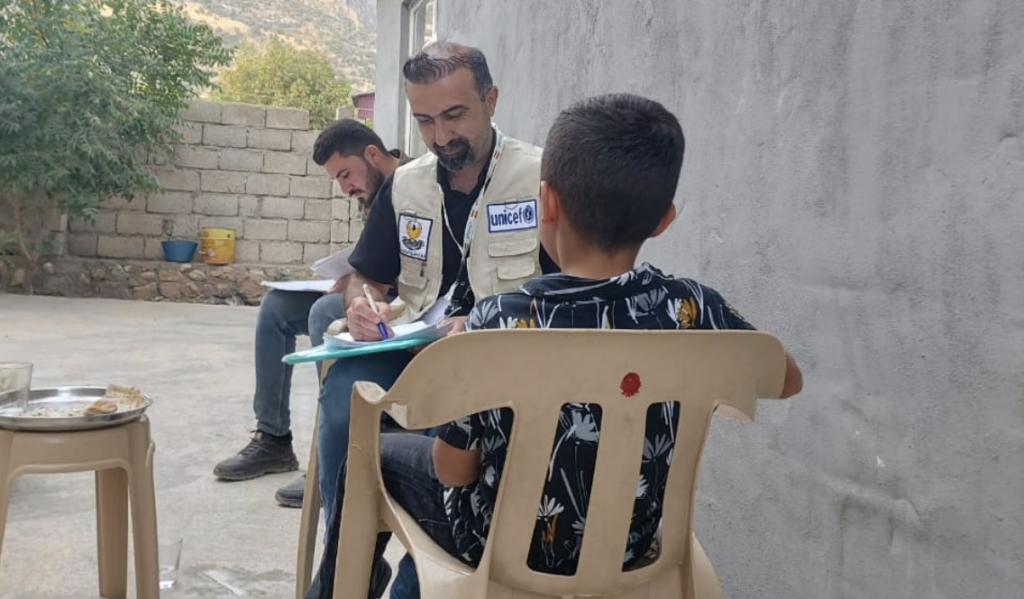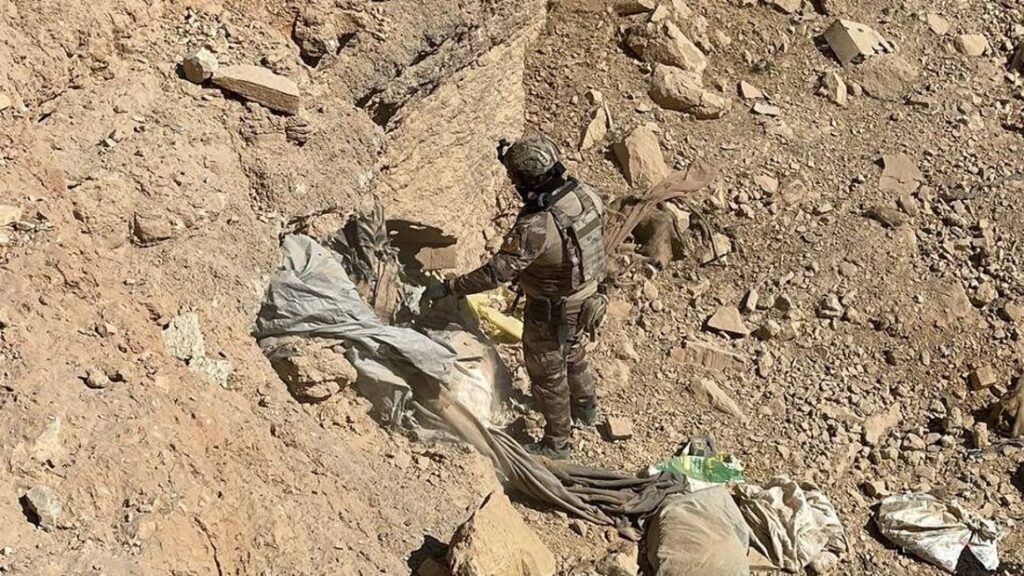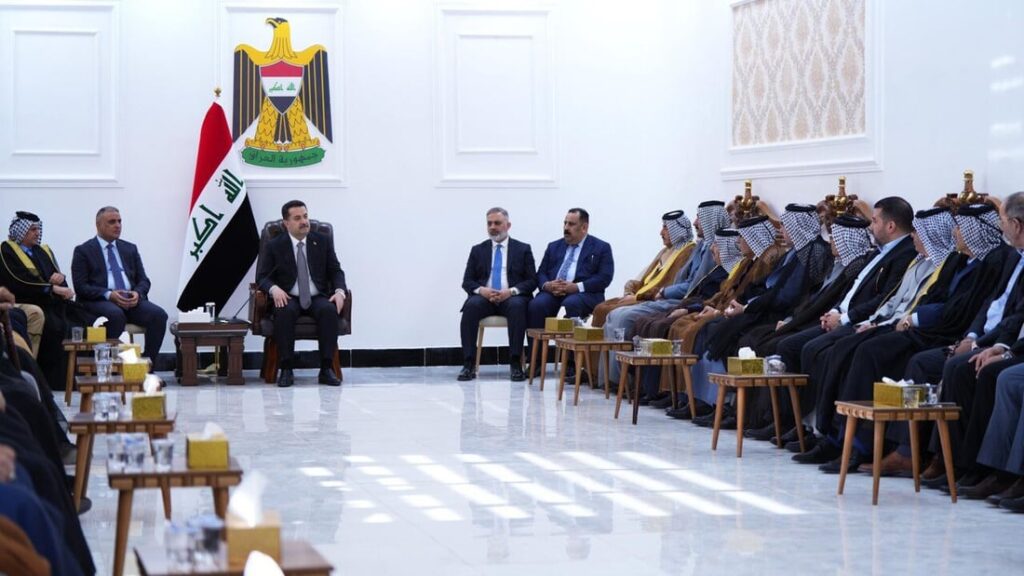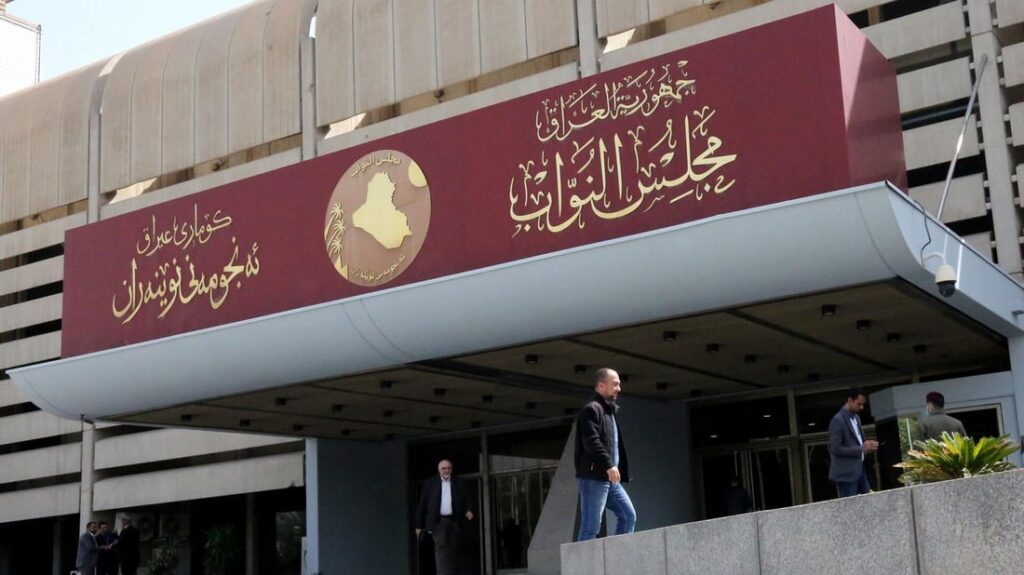Erdogan vows Syria operation ‘in weeks’ if Turkey has no control of ‘safe zone’

ANKARA,— Turkey’s President Recep Tayyip Erdogan on Saturday threatened to launch an operation in Syrian Kurdistan (Rojava) in northeastern Syria if Turkish troops do not control a “safe zone” that Ankara and Washington had agreed to set up.
The US-Turkey deal for a safe zone agreed earlier this month is intended to manage tensions between Turkey and US-backed Kurdish forces over the border in war-torn Syria that Ankara brands terrorists.
The goal of the zone is to create a buffer between the Turkish border and the Kurdish People’s Protection Units of Syrian Kurdistan (YPG).
“We do not have too much time or patience regarding the safe zone. Within a few weeks if our soldiers do not start to actually control this area, there will be no other option left but to implement our own operation plans,” Erdogan said during a speech in Istanbul.
Erdogan previously said US President Donald Trump had promised the “safe zone” would be 32-kilometre (20 mile) wide.
A joint operations centre has been set up and joint patrols are expected to start soon.
The Kurdish YPG has been a key partner to Washington in the fight against the Islamic State group in Syria. The Kurdish YPG forces expelled the Islamic State from its last patch of territory in the eastern Syrian village of Baghouz in March 2019.
Turkey fears the creation of a Kurdish autonomous region or Kurdish state in Syrian Kurdistan could encourage separatism amongst its own Kurds, according to analysts.
Washington has for years supported the Kurdish-led Syrian Democratic Forces (SDF) in the fight against the Islamic State group in Syria, as part of an international anti-jihadist coalition dominated by the Kurdish People’s Protection Units (YPG). But U.S. President Donald Trump abruptly announced the pullout from Syria.
The Kurdish PYD and its powerful military wing YPG/YPJ, considered the most effective fighting force against IS in Syria and U.S. has provided them with arms. The YPG, which is the backbone of the SDF forces, has seized swathes of Syria from Islamic State.
Syrian Kurds have established an autonomous region in Syrian Kurdistan (Rojava) amid the country’s eight-year war.
In 2013, the Syrian Kurdish Democratic Union Party PYD — the political branch of the Kurdish People’s Protection Units (YPG) — has established three autonomous Cantons of Jazeera, Kobani and Afrin and a Kurdish government across Syrian Kurdistan in 2013. On March 17, 2016, Kurdish and Arab authorities announced the creation of a “federal region” made up of those semi-autonomous regions in Syrian Kurdistan.
Since 2018, Erdogan has repeatedly threatened to launch an assault east of the Euphrates river against the YPG, which fought against the Islamic State (IS) group.
Turkey previously conducted cross-border operations in northern Syria supporting Syrian rebels in 2016 against IS and in early 2018 against the YPG.
In 2016, the Turkish troops entered northern Syria in an area some 100 km east of Afrin to stop the Kurdish YPG forces from extending areas under their control and connecting Syrian Kurdistan’s Kobani and Hasaka in the east with Afrin canton in the west.
In January 2018, Turkish military forces backed pro-Ankara Syrian mercenary fighters to clear the YPG from its northwestern enclave of Afrin. In March 2018, the operation was completed with the capture of the Kurdish city of Afrin.
The flags of Turkey and Syrian rebel groups were raised in the Kurdish Afrin city and a statue of Kurdish hero Kawa, a symbol of resistance against oppressors, was torn down.
Residents of the Kurdish city and Human right groups accuse Turkey and pro-Ankara mercenary fighters of ethnic cleansing, kidnappings for ransom, armed robberies and torture.
Copyright © 2019, respective author or news agency, Ekurd.net | AFP
Comments




